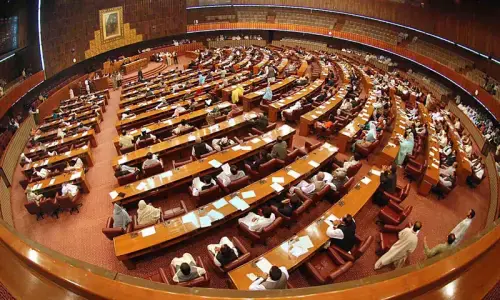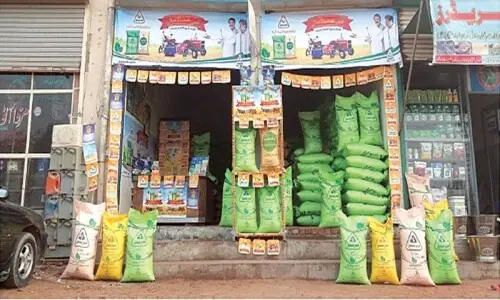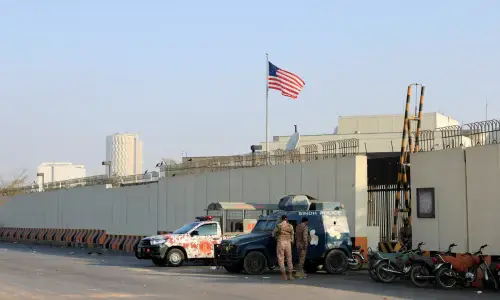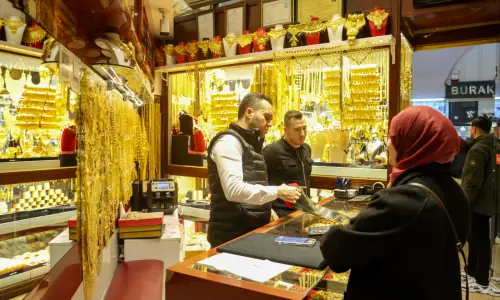The first direct talks between officials of the Afghan government and Taliban representatives may have broken the ice, but there is a long way to go before the two sides engage in serious and substantive peace negotiations.
The Murree meeting is being seen as an important first step towards reconciliation and has renewed the possibility of a political settlement in Afghanistan. “It is the initiation of a process and it now depends on the two sides on how they proceed from here,” said a senior Pakistani diplomat familiar with the talks.
The Tuesday meeting followed a series of informal interactions between Afghan officials and Taliban representatives in other countries in recent months. While the Taliban had agreed to talk to the Americans, they had until now refused to accept dialogue with the Kabul government.
What gives the Murree meeting real significance is that not only did the two Afghan sides send authorised representatives, but that two other key stakeholders — China and the US — were also in attendance. Meanwhile, the Pakistani role as facilitator was neither easy nor straightforward. “It took months of intense effort to persuade the Taliban,” said a senior Pakistani official involved in the process. The Taliban had backed out at the last moment several times before.
While the deputy foreign minister led the Afghan government side, the Taliban delegation was represented both by the Qatar office and the main political Shura — the names of the Taliban attendees were withheld from the media for security reasons. Significantly, the Afghan government sent a sizeable delegation to ensure that all major Afghan power groups were represented.
Held at the picturesque state guesthouse, the meeting spanned two sessions that continued until Sehri. Details of what transpired in the meeting were not immediately available, but both Pakistani and foreign diplomats involved in the process were upbeat about the outcome.
According to a foreign diplomat, both sides presented their views forcefully, but the atmosphere did not become acrimonious.
“Reconciliation is a process and not an event,” said Maleeha Lodhi, Pakistan’s envoy to the United Nations. “We should see the Murree meeting as the start of what we hope will be a promising and result-oriented peace process.”
Analysts and diplomats describe the statement by the White House welcoming the Murree meeting as an acknowledgement of the importance of the talks. Some Afghan experts, however, are sceptical that fractious Taliban could be truly interested in a peace process after several recent successes on the battlefield and high-profile attacks in Kabul and other major Afghan cities.
There are also questions whether all the Taliban factions are amenable to the talks process. The confusion was further fuelled by a New York Times report quoting a representative of the Taliban office in Qatar that the Murree meeting was “not authorised”. Some analysts see the statement as confirmation of a reported division between the Qatar office and the Pakistan-based Shura.
Also fuelling the scepticism is the lack of public endorsement of the Murree talks by the Taliban spokesperson. But such doubts are being downplayed by both Pakistani and Western diplomats. “One cannot expect an immediate public endorsement by the Taliban leadership when the talks are at a very preliminary stage. They will also be testing the waters,” said a senior official.
Optimism by officials notwithstanding, there are major problems to contend with. The Taliban have struggled to maintain unity and the relationship between the various Taliban committees operating from outside the country and the field commander inside Afghanistan is complex. Taliban insiders say that the influence of the old guard has waned over the years and that the new generation of field commanders is even more radical. Most of the new generation were teenagers during Taliban rule, but now form the core of the insurgency.
Despite the difficulties, the participation of senior Taliban leaders in the Murree meeting is being seen by both Pakistani and Western diplomats as a positive development. “One cannot expect everyone to be on board. Differences are inevitable in such a process,” said a Western diplomat.
The Murree meeting will also give a boost to the beleaguered Afghan President Ashraf Ghani, who has made peace talks a key component of his government’s Taliban policy. President Ghani’s strategy of reconciliation with Pakistan had provoked intense criticism from both his political opponents and allies. The spread of the insurgency to the northern provinces has given more ammunition to the president’s critics.
An under siege Mr Ghani had begun to lose patience with Pakistan, but now the president will have won himself some much-needed political space at home.
Published in Dawn, July 9th, 2015
On a mobile phone? Get the Dawn Mobile App: Apple Store | Google Play






























